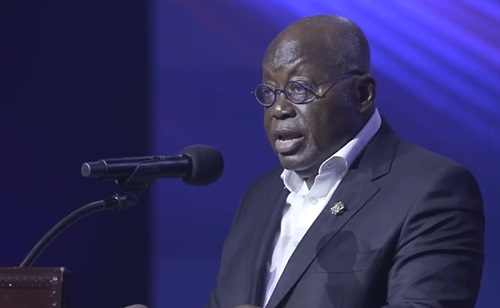XtalPi Holdings, an artificial intelligence (AI) drug discovery firm based in the Greater Bay Area, is changing the biopharmaceutical industry by leveraging AI and robotics to transform traditional approaches to drug development.
The company’s self-developed large language model (LLM), the technology underpinning ChatGPT-like generative AI services, has helped increase the success rate of chemical experiments to 90 per cent from 20 to 30 per cent, according to Zhang Peiyu, the chief scientific officer at Shenzhen-based XtalPi.
“There are many good opportunities [for artificial general intelligence] in vertical fields,” Zhang told the Post at its China Conference: Greater Bay Area 2025 in Guangzhou. “For the pharmaceutical industry, we have seen great potential to use LLMs for specialised domains.”
Zhang anticipates that the integration of robotics and AI will reduce drug discovery timelines to just one or two years from four.

Founded in 2014 by three quantum physicists at the Massachusetts Institute of Technology, XtalPi a year later established its research and development base in Shenzhen. Located in the Hong Kong-Shenzhen Cooperation Zone on the border between the two cities, the company has capitalised on local industrial policies to emerge as a key AI player in drug development, serving nearly four out of every five big pharmaceutical companies globally.
Zhang said the company’s development has been boosted by regional synergies in the bay area scheme, particularly in talent acquisition, supply chain partnerships and fundraising across cities.










